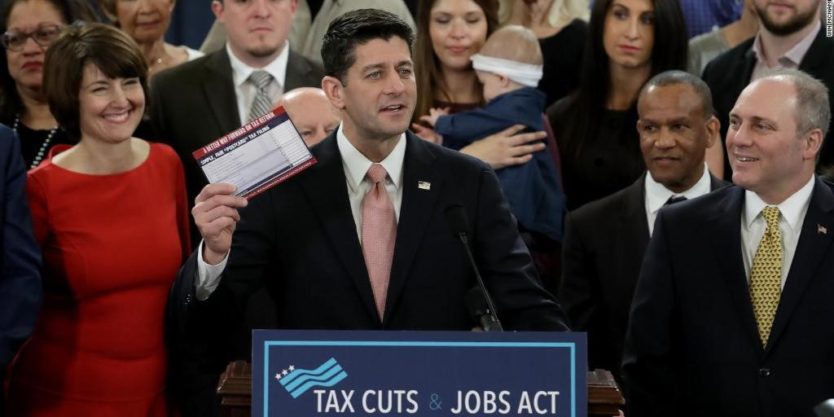The Joint Committee on Taxation, in their annual report on expiring provisions listed federal tax provisions that have expired or are scheduled to expire between 2016 and 2027.
In addition to what we all know as “traditional extenders,” the new tax bill passed last year has many expiring provisions. When tax provisions expire they will be considered extenders.
Now officially considered “extenders” and included in the famous JCT annual document along with renewable fuels, clean vehicles and other energy tax credits will be some new provisions. This extender status is thanks to the sun-setting dates on these provisions in the new Tax Reform bill.
These include individual and business tax provisions, energy tax provisions, depreciation and expensing provisions.
The Oil Spill Liability Trust Fund financing rate expires in 2017.
2018 expiration’s include Airport and Airway Trust Fund taxes. In 2019 the new markets tax credit, the work opportunity credit, and others. The list goes on.
Several Highway Trust Fund excise taxes will end in 2022 and 2023. Several individual and pass-through business provisions will expire in 2025.
For more tax policy insights and analysis, subscribe to the Tax Policy Update.

